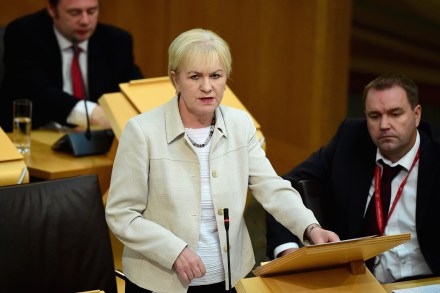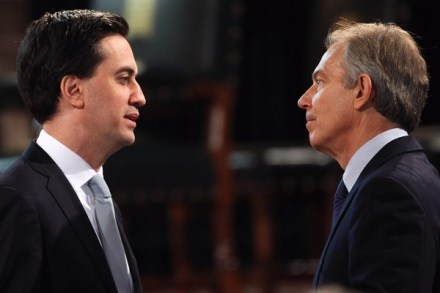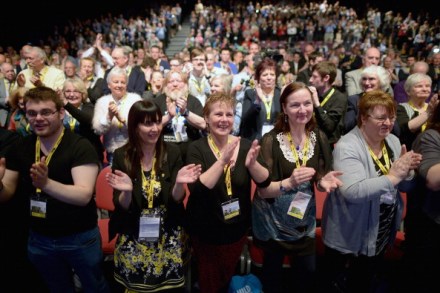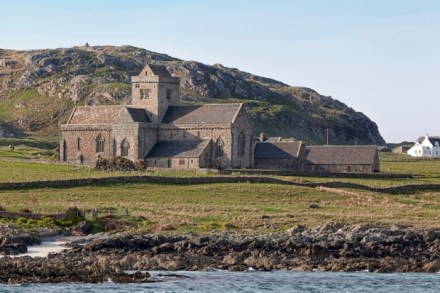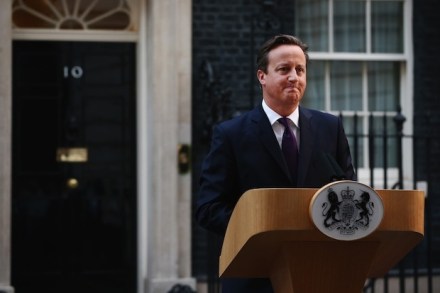Alas, poor Johann Lamont: a symptom, not the cause, of Labour’s decline in Scotland
It was the wee things that did it. Things like vision, inspiration, confidence and all the other details that coalesce into that strange something called leadership. There are many types of leader and leadership is another of those things easier to see than define but all successful leaders share one essential quality: they can choose a hill and persuade their followers that’s the place they must die. Johann Lamont never had a hill. By the end she didn’t have much of an army either. Scottish Labour is a party suffering from some kind of political dementia right now. It kind of remembers being a contender and it still stands before
